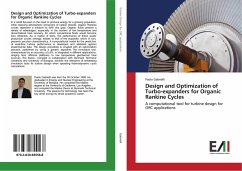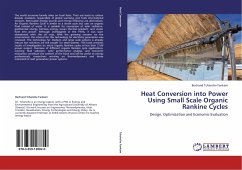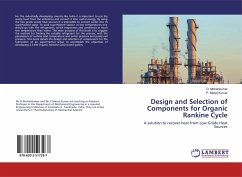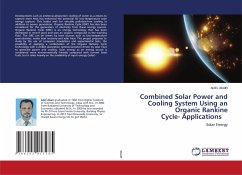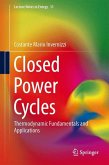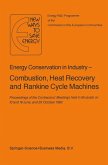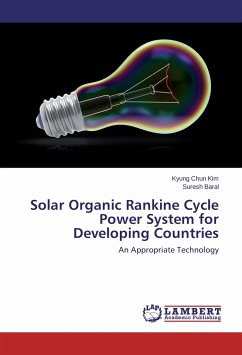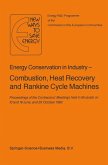In a world focused on the need to produce energy for a growing population, while reducing atmospheric emissions of carbon dioxide, organic Rankine cycles represent a solution to fulfill this goal. Organic fluids present a variety of advantages, especially in the context of low temperature and decentralized heat recovery, for which conventional fluids would become less attractive. As a matter of facts, the performance of these power production cycles strongly relates to that of the expander, which in turn, presents peculiar characteristics. A computational model for the prediction of axial-flow turbine performance is developed and validated against experimental data. The design procedure is coupled with an optimization process, performed by using a genetic algorithm. The simulation tool, characterized by an accuracy of ±3%, is integrated in different applications, ranging from offshore platforms to low temperature geothermal heat sources. The thesis, compiled in collaboration withDenmark Technical University and University of Bologna, exhibits the relevance of embedding simulation tools for turbine design when operating thermodynamic cycle calculations.
Bitte wählen Sie Ihr Anliegen aus.
Rechnungen
Retourenschein anfordern
Bestellstatus
Storno

